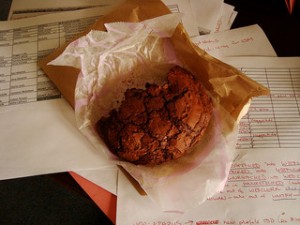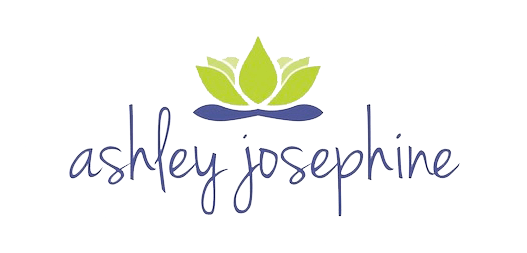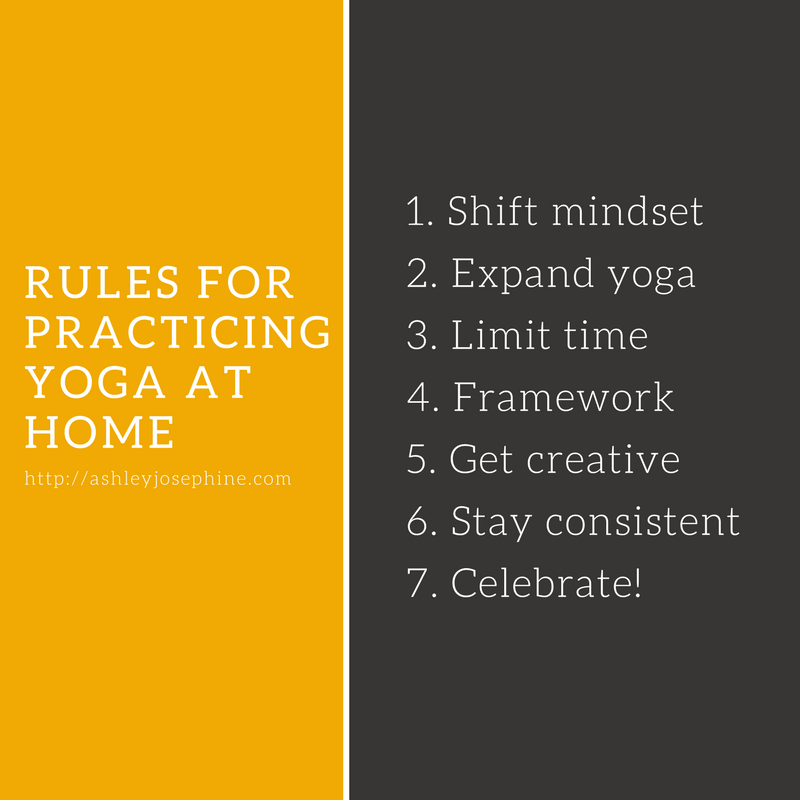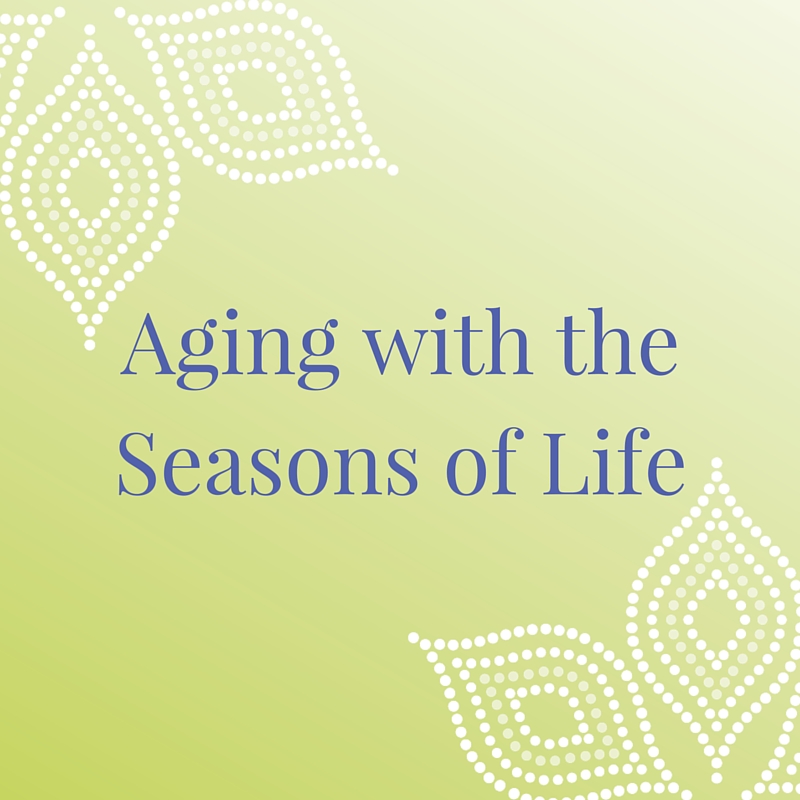2013 Wellness Challenge Week 29: Food Journal
 Last week I was back at the detox thing, this time of the raw variety. It was a 7-day mental and emotional battle against a perceived authority (the manual and Ms. Lisa) and a sense of responsibility to the group that kept me going to the end. I’m proud to say that for the second time ever in my cleansing life, I finished a full detox program! That means I have a 33.3% success rate.
Last week I was back at the detox thing, this time of the raw variety. It was a 7-day mental and emotional battle against a perceived authority (the manual and Ms. Lisa) and a sense of responsibility to the group that kept me going to the end. I’m proud to say that for the second time ever in my cleansing life, I finished a full detox program! That means I have a 33.3% success rate.
But since I’ve already spent a week documenting my experiences cleansing for wellness, I decided to tack on an extra complementary wellness challenge of food journaling. Granted, tracking what I was eating on a cleanse didn’t necessarily reveal any great mysteries about sudden weight gain, lethargy, or generally blah feelings. It didn’t reveal the extra added sugar snacks, the potato chip munchies or the ice cream runs. Nonetheless, it gets you in the mood of awareness – to pay attention at the very least and digest what it is you’re really putting into your body at the end of the day.
The Pitfalls of Food Journaling
Food journaling is tricky business though, because it must be done with an extreme sense of compassion lest the guilt demons attack. I journaled at the end of the day as a reflective practice, although some people prefer to keep a journal with them at all times and track while they go. That’s just to much for me to handle.
If you do journal as a reflective practice, you must be careful not to feel bad (again) about the stuff you put in your mouth. It’s far too easy to feel equally as terrible about it at the end of the night as you did the moment after it disappeared from your fingertips.
Rather, food journaling gives you yet another opportunity to practice gratitude for abundance, flavors, colors, textures and the resiliency of your body to handle the variety of your daily plate.
Developing Awareness
What I noticed more than anything in my food journaling was my emotional connection to food. I eat food to celebrate and also to commiserate. I reach for food when I’m bored, sad, or indifferent. It was the awareness of this emotional connection that was most valuable to me in my food journal practice.
Some takeaways and questions I asked myself after this discovery included:
- Can I replace food as celebration with something else? (I considered putting $10 in savings instead of driving to Starbucks for a chai)
- Can I replace my commiserating or sad eating with another, more productive wellness-related activity such as writing, walking, chatting with friends, or drinking a glass of water?
I’ll be playing with these options as time goes by to see what sticks and if I’m able to catch myself now that I don’t have a group to hold me accountable or a manual dictating what I can and can’t reach for.
In the end, food journaling as a wellness activity isn’t meant to be a way to lose weight. It’s a practice to help develop awareness, gratitude, compassion and self-love and a way to shed light on habits that may need reconsideration for a more well(ness) rounded life.
Do you know someone who is working on wellness? Email this post to them and invite them join us in our quest for greater wellness.
Image credit: *Bitch Cakes*





